Salesforce / SAP / ERP Systems
Apply Now
🔥 Trending
Course Mode
Offline
Duration
1 to 6 months
Eligibility
The eligibility for these courses is not strictly based on academic degrees, but a background in B.Tech, B.Com, MBA, or MCA is highly beneficial. For technical modules (like SAP ABAP or Salesforce Development), a basic understanding of programming is a prerequisite. For functional modules, a background in the relevant business domain (e.g., finance for SAP FICO) is a major advantage.
Entrance Exam
There are no specific entrance exams for these training programs. Admission is generally direct. However, the final certification exam is a separate, industry-standard test conducted by Salesforce or SAP, which is often a prerequisite for getting a job.
Type of Course
Diploma
Course Summary
Enterprise Resource Planning (ERP) systems are integrated software solutions that manage a company’s core business processes, such as finance, HR, and supply chain. SAP (Systems, Applications, and Products) is the world’s leading ERP software provider. A course in SAP or other ERP systems trains you to configure, customize, and manage these systems. Similarly, Salesforce is the market leader in Customer Relationship Management (CRM) software, a specific type of ERP system that focuses on sales, service, and marketing. A Salesforce course teaches you how to administer and develop on its platform. These courses are highly practical and job-oriented, preparing individuals for specific roles within a company’s IT or business operations teams.
📅 Upcoming Admission Deadlines
- salesforce-sap-erp-systems with 50% scholarship August 28, 2026
Top Recruiters
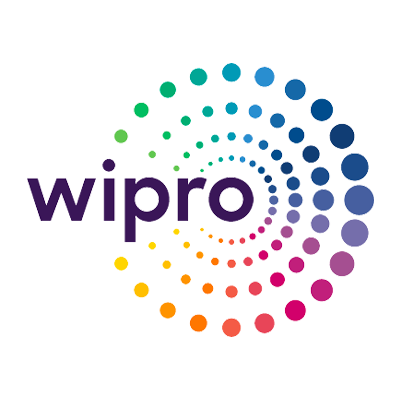
Wipro

TCS
Infosys
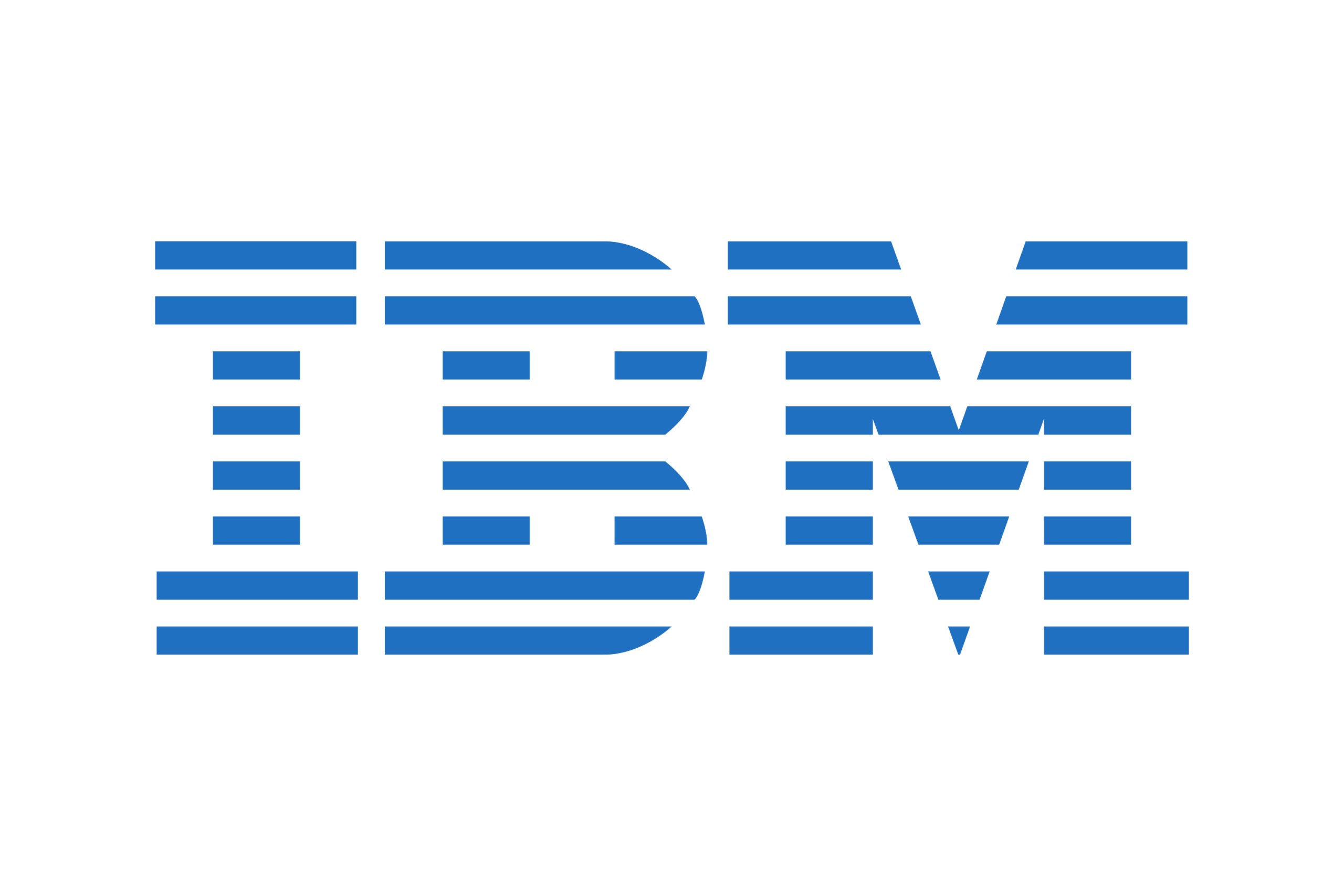
IBM
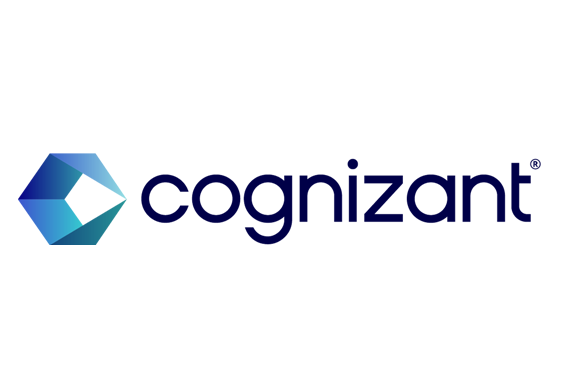
Cognizant
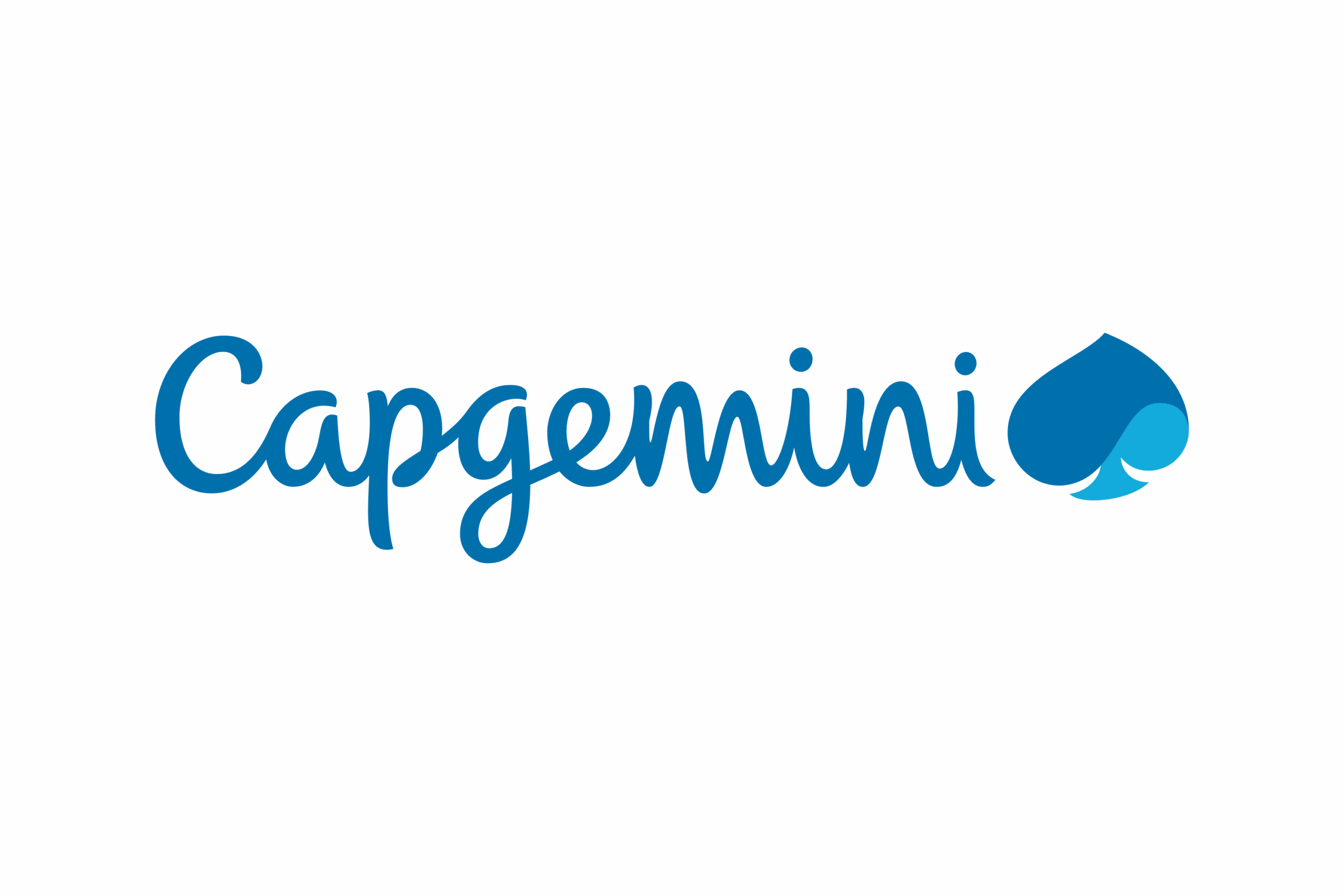
Capgemini
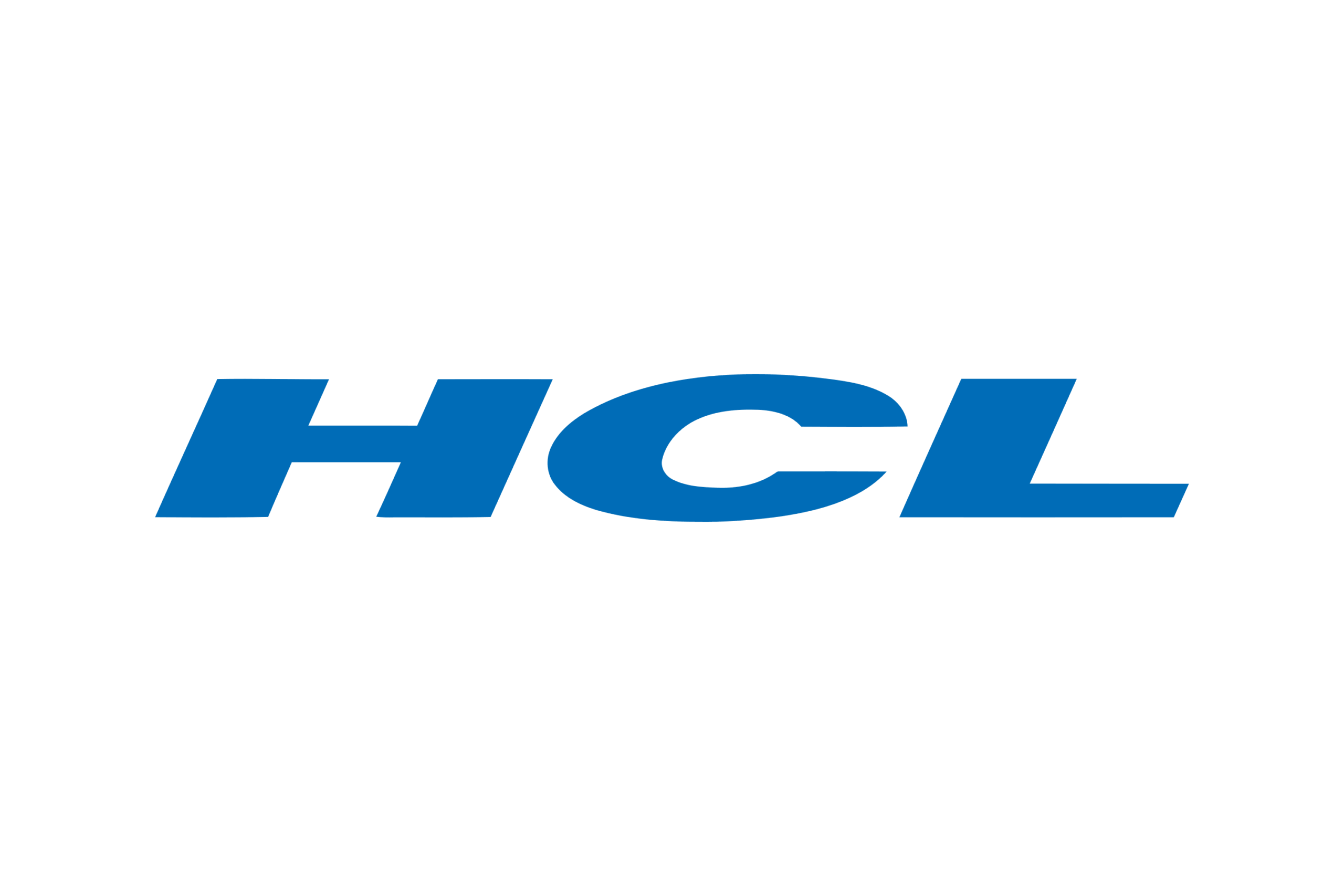
HCL Technologies
Career Scope
Frontend Engineer
Web Developer
Software Developer
College-wise Fees
Frequently Asked Questions
Salesforce is a cloud-based platform focused on managing customer relationships, automating sales, marketing, and customer service processes.
It helps businesses organize customer data, track interactions, and improve customer satisfaction.
An ERP (Enterprise Resource Planning) system is software designed to manage and integrate core back-end business processes.
SAP is a leading provider of ERP software, and its systems manage functions such as finance, human resources, supply chain, and manufacturing.
ERP modules handle specific areas of the business, allowing for unified control and monitoring of operations.
Integration:
Salesforce handles customer-facing tasks, while an ERP manages back-end operations. Integrating them allows data to flow between the two systems.
Benefits:
This integration ensures that sales teams have real-time access to inventory, that customer account information is automatically synced, and that orders from Salesforce can trigger back-end processing in the ERP.
Examples:
This seamless connection prevents teams from working with outdated information and leads to more efficient billing and faster order processing.